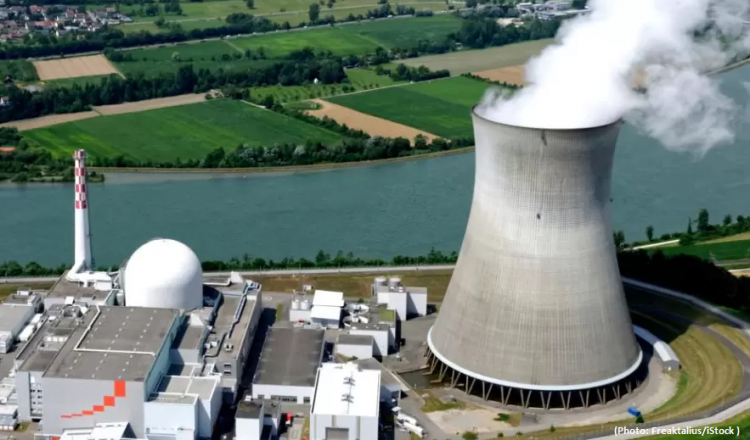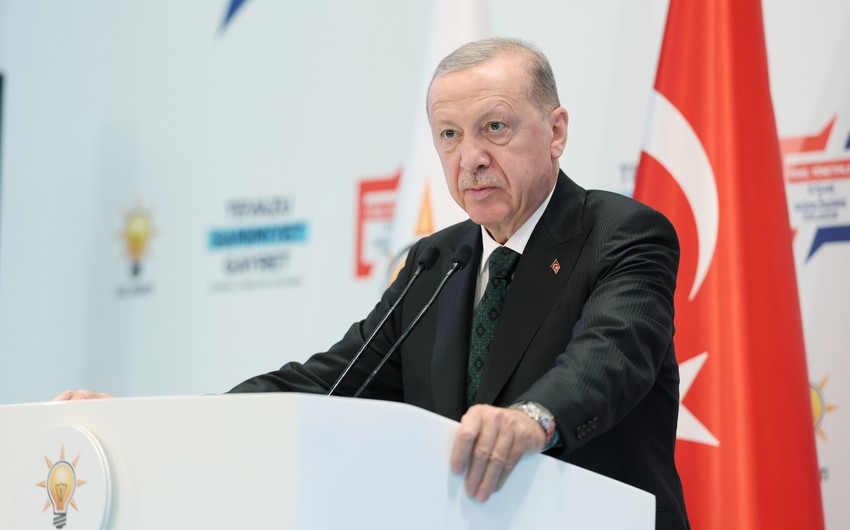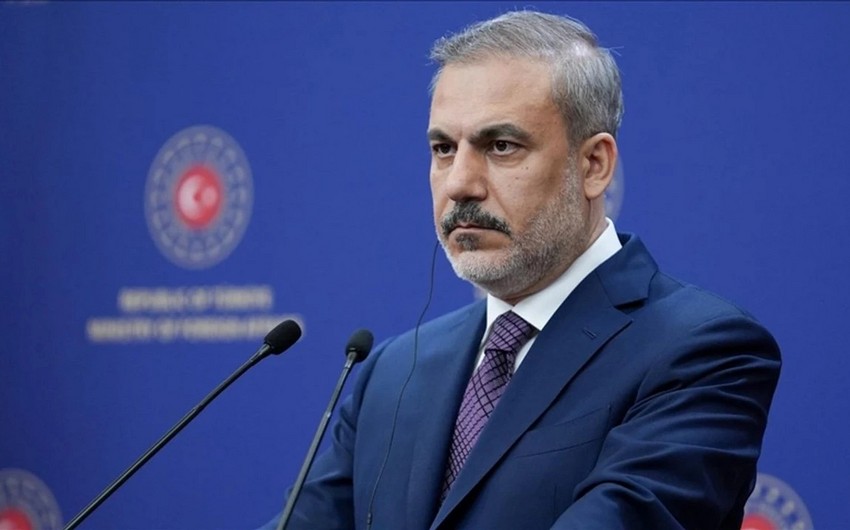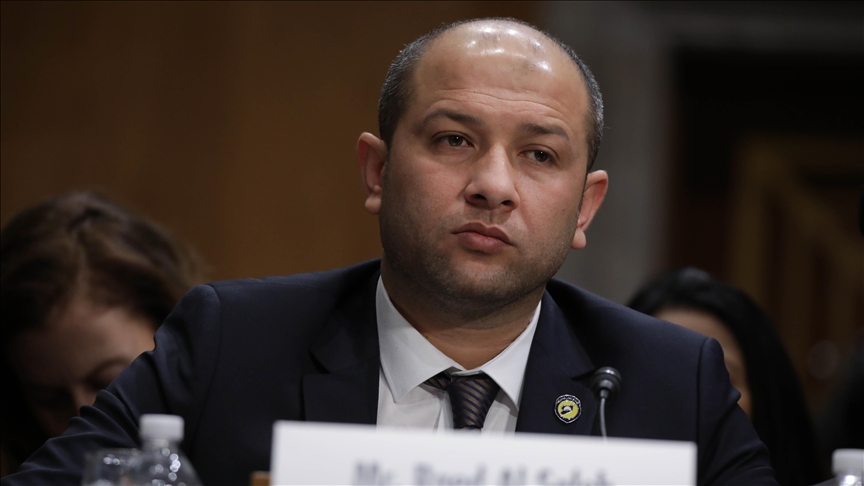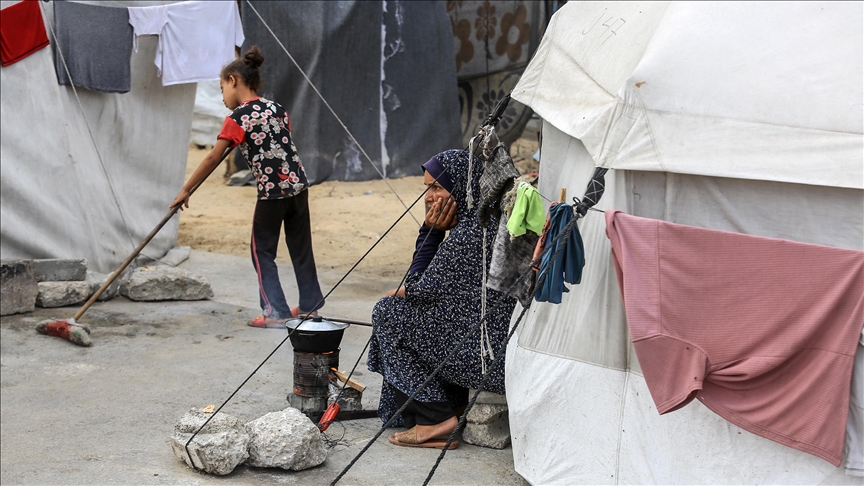Why use nuclear power?
To prevent catastrophic climate change, scientists say, we have to dramatically reduce the use of fossil fuels. The latest report from the Intergovernmental Panel on Climate Change warned that more extreme droughts, floods, wildfires, and storms will occur if world carbon dioxide emissions do not drop by 45 percent from 2010 levels by 2030 and get to zero by 2050. Replacing coal- and oil-burning power plants with renewable sources such as wind, solar, and hydroelectric power is crucial to that goal, but renewables alone won't be enough to meet the world's energy needs, particularly in rapidly developing countries like China and India, where the demand for electricity is soaring. That's why some energy experts argue that only by keeping existing nuclear plants open and building dozens of new ones can countries reduce their emissions fast enough.
Why can't renewables do the job?
Solar and wind farms sprawl out over vast amounts of land, and these sources only work when the sun is shining and the wind is blowing. Building all that infrastructure, including transmission lines, is costly for governments and hard on the environment, and often meets strong local resistance. In California, where sunshine is reliable, a solar farm takes up 450 times as much land as a nuclear plant, and vastly more concrete and steel, to produce the same amount of energy. Small-footprint nuclear power plants, by contrast, are enormously expensive up front — with costs of at least $7 billion per plant — but then are relatively cheap to maintain over their decades-long lives. Crucially, they can start generating carbon-free energy quickly. But after the 2011 meltdown at Fukushima in Japan, countries began closing nuclear plants.
What was the result of the closures?
Germany, which decided to phase out nuclear entirely, has invested $580 billion in renewables and achieved 38 percent green energy. But its electricity prices are now the highest in Europe, while its carbon emissions have stayed flat. Why? Because after the nuclear shutdown, Germany had to keep burning coal and natural gas to prevent a massive slump in energy production. Experts say it will likely take decades to scale up solar and wind to levels envisioned by no-emissions activists. Similarly, Vermont shut its only nuclear reactor in 2014 and turned to natural gas. Vermont's per capita emissions have since risen 5 percent during a period in which overall U.S. emissions declined by 17 percent. In a new book, A Bright Future, Swedish engineer Staffan Qvist and American international relations professor Joshua Goldstein point to Sweden as a model for the rest of the world. Sweden's eight nuclear plants supply 40 percent of the country's electricity, while hydropower, wind, and biofuels supply the rest. The result? Sweden's carbon emissions dropped by half while its electricity production doubled.
What about nuclear accidents?
The fear of radiation and a catastrophic plant meltdown is the crux of opposition to nuclear power. But a rational analysis of the numbers tells a different story. The worst nuclear accident, the 1986 meltdown at Chernobyl, occurred at a primitive, Soviet-built reactor, and it killed 60 people almost immediately and a few thousand over later decades, while Japan's Fukushima disaster killed just one from radiation (tens of thousands died in the earthquake and tsunami). Industrial accidents, meanwhile, routinely cause far greater loss of life. And the smoke and chemicals emitted from burning fossil fuels and biomass kills a staggering seven million people every year. Climate scientist James Hansen concluded in a study that nuclear plants have actually saved nearly two million lives that would have been lost to air pollution.
What about the waste?
This is the main problem with nuclear energy. Nuclear power is generated by bombarding uranium fuel with particles to break the uranium atoms apart, causing heat that makes steam that runs electrical turbines. The used fuel rods emit dangerous radiation for thousands of years, so they must be cooled in water tanks and then sealed in concrete containers. Storing containers aboveground, as all countries do now, requires round-the-clock monitoring to prevent leaks and ensure that terrorists can't get to the fuel. The long-term solution is to find an underground site. U.S. scientists found such a spot in the late 1980s, underneath Yucca Mountain in Nevada, but the plan was killed by local opposition. Finland, though, is now building an underground storage site of its own.
What is Finland's solution?
Finland located the world's first underground nuclear waste storage site on a remote peninsula, where the local community was brought into the process long before construction began. "Everyone knows someone who is working there," said Tiina Jalonen, vice president of nuclear waste company Posiva, "so they know how things are handled and they have trust." In the U.S., a government commission recently recommended starting a new site selection process that would involve local community input at every stage. If a community is sold on the jobs that constructing and running the facility will bring and reassured about the low likelihood of an accident, storage sites might be found.
What happened to Yucca Mountain?
The approval process to create a federally run depository for the nation's nuclear waste took decades to wend its way through the Department of Energy and Nuclear Regulatory Commission. After spending more than $11 billion on surveys and test tunnels, government scientists determined that the site was suitable. Yucca Mountain is dry enough and stable enough that it could safely bury and shield the spent fuel rods until they fully decompose some 60,000 years hence. Nevadans, though, weren't consulted, and they rose up in opposition to the plan. When Harry Reid (D-Nev.) became Senate majority leader in 2007, he stalled the project; when Sen. Barack Obama ran for president in 2008, he needed Nevada's electoral votes, so he pledged his opposition. In 2010, President Obama killed the Yucca Mountain plan. Congress and the Trump administration have tried to revive it, but so far, opposition by Nevada's elected officials has kept it bottled up.

